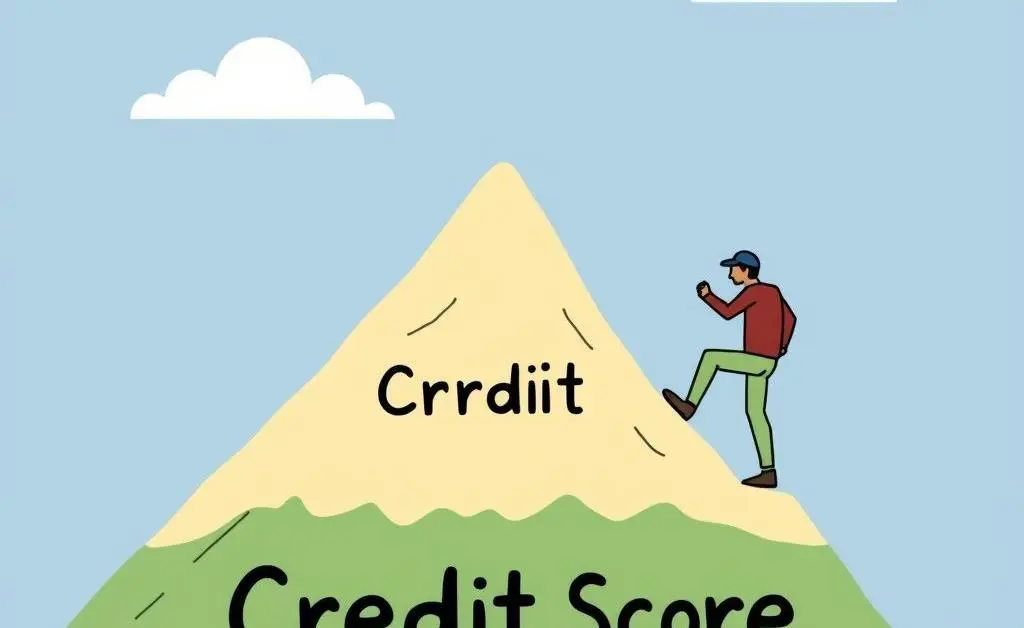How to Remove a Vehicle Repossession from Your Credit Report
Discover effective ways to tackle a vehicle repossession on your credit report.

Have you recently discovered a vehicle repossession lingering on your credit report? It can feel daunting, but don't worry—you can take steps to address it. Let's dive into how you can manage this situation effectively.
Understanding the Impact of a Repossession
A vehicle repossession can stay on your credit report for up to seven years, affecting your ability to get favorable loans or credit terms. It's like having a persistent black spot that doesn't want to budge. But knowledge is power. Understanding how it affects you allows you to tackle it confidently.
Becoming Familiar with the Dispute Process
You might be thinking, 'Is it possible to remove a repossession from my credit report?' The short answer is yes, but it requires some effort. Here’s a simple step-by-step process you can follow:
- First, obtain a copy of your credit report from major credit bureaus.
- Review them carefully for any discrepancies related to the repossession.
- If you find errors, gather any documentation that supports your case.
- Compose a dispute letter and send it to the credit bureau, explaining the mistakes and providing evidence.

Patience is key here. The credit bureau has 30 days to investigate and respond to your dispute. Keeping a positive mindset can help you through this waiting period and looking forward to better credit days ahead.
Exploring Alternatives: Negotiation
If the repossession is accurate, consider negotiating with the lender. Sometimes, offering to pay the outstanding balance in exchange for a removal can work wonders. It’s a bit like negotiating with a friend over the last slice of cake—approach it gently and with clear intentions.

A friend of mine, let's call him Alex, successfully negotiated the removal of a repossession from his credit report. He stayed persistent, communicated well with the lender, and ultimately saw improvements in his credit score. His story reminds us that a positive change is possible with a focused approach.
Reflect, Rebuild, and Reach Out
Learning from the past can guide future financial decisions. It's never too late to improve your credit score. Start by building healthy financial habits—keep track of your expenses, pay bills on time, and consider setting up automatic payments.
Remember, there's a community of people undergoing similar experiences. Engaging with forums or seeking advice from credit counselors can be beneficial. They often offer insights you might not have considered.

How do you plan to approach tackling your credit report challenges? Let’s start the conversation below. Your insights might just help someone else in our community!




